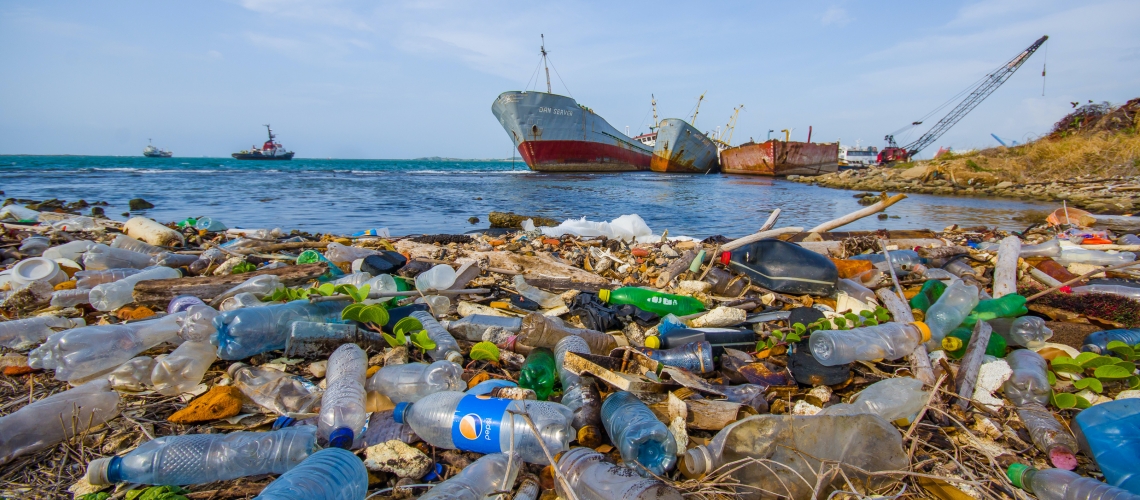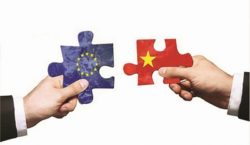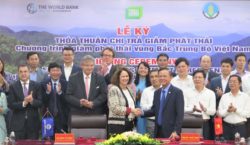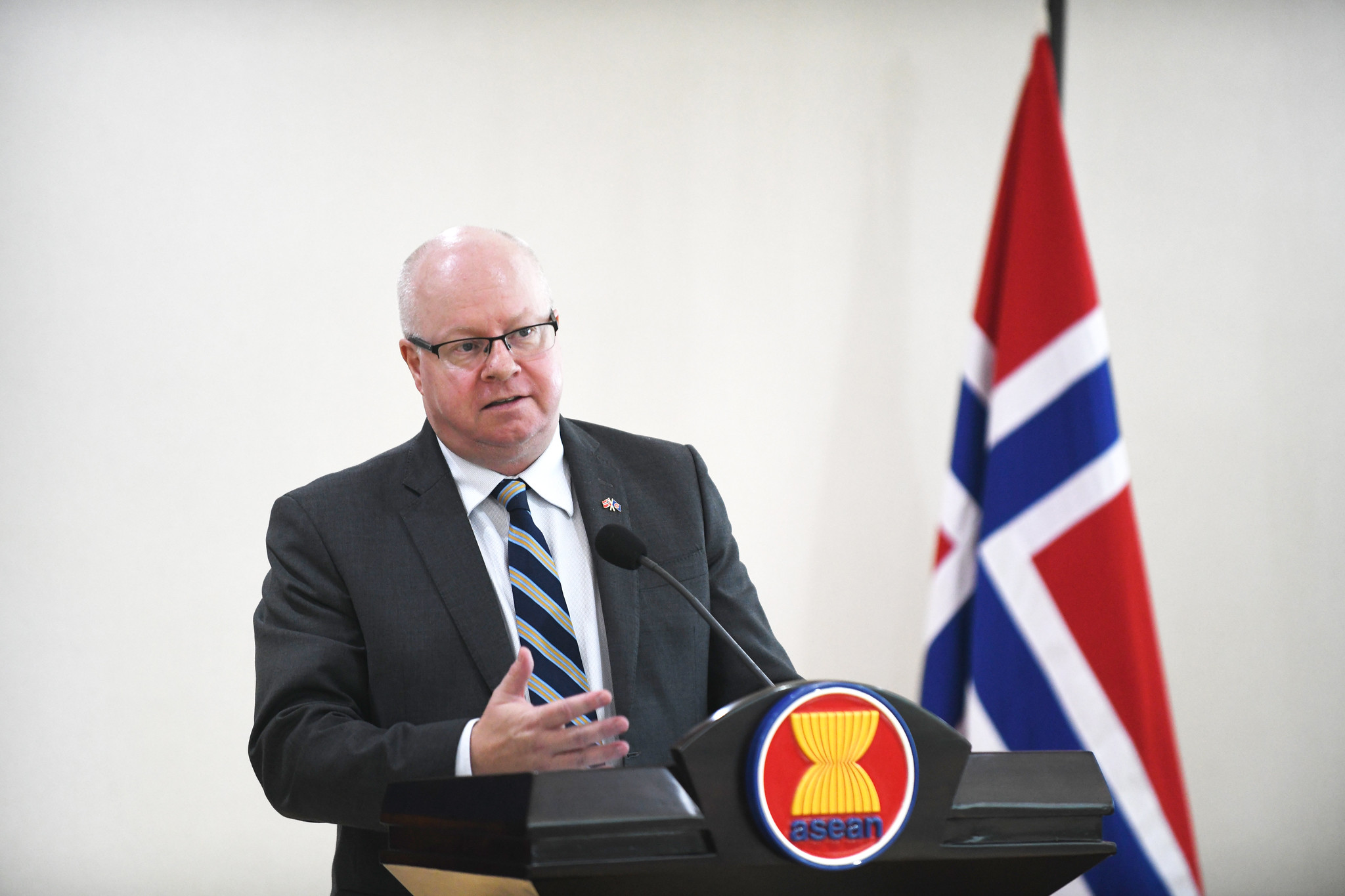
“More than 11 million tons of plastic waste end up in the oceans every year. And this is expected to double in the next 20 years,” Norway’s Ambassador to ASEAN Morten Hoglund said at a virtual event to announced the recipients of ASEANO research grants on Tuesday 9 March 2021 in Jakarta.
As part of its Norwegian-ASEAN Regional Integration Program (NARIP), Norway has launched the ambitious ASEAN-Norwegian Cooperation Project on Local Capacity Building for Reducing Plastic Pollution in the ASEAN Region (ASEANO) on 9 Dec 2019. ASEANO, a three-year program, mainly focuses on capacity and knowledge development in tackling plastic pollution in the ASEAN region and targets Indonesia and the Philippines as the areas of first case studies.
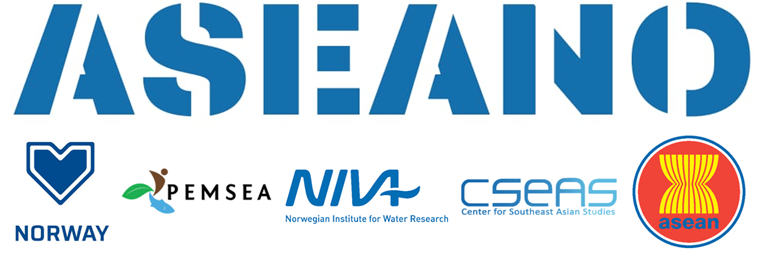
ASEANO, a US$3 million project of Norway in the ASEAN region, wants to illuminate driving forces behind plastic pollution and evaluate the implications of plastic pollution for the economy, development, environment, and human well-being, with focus on local municipality/city level sustainability.
“The ASEANO project will add to ASEAN’s continuing efforts in addressing marine plastic debris and promoting a transition to a circular economy by learning from Norway’s extensive experience and expertise,’’ said the Secretary-General of ASEAN Dato Lim Jock Hoi at the time of launching of ASENO in 2019.
Norway, a small rich Scandinavian country in Northern Europe, is in the frontline of a global war against plastic pollution and marine debris.
Ambassador Hoglund said.“Norway has a strong commitment to clean oceans and rivers. It has been one of our strongest priorities globally for the past few years. In the ASEAN region, we have entered into a number of partnerships to assist local and national authorities,”
According to the Ambassador Hoglund, marine littering is not simply an issue of plastic waste.
“Microplastic is eaten by fish, which is part of our food. Marine littering is not only a waste issue, but a health issue. So, we need to scale up, and we need to keep on innovating new solutions and always try to improve the way we work in order to solve the issue (marine littering),”
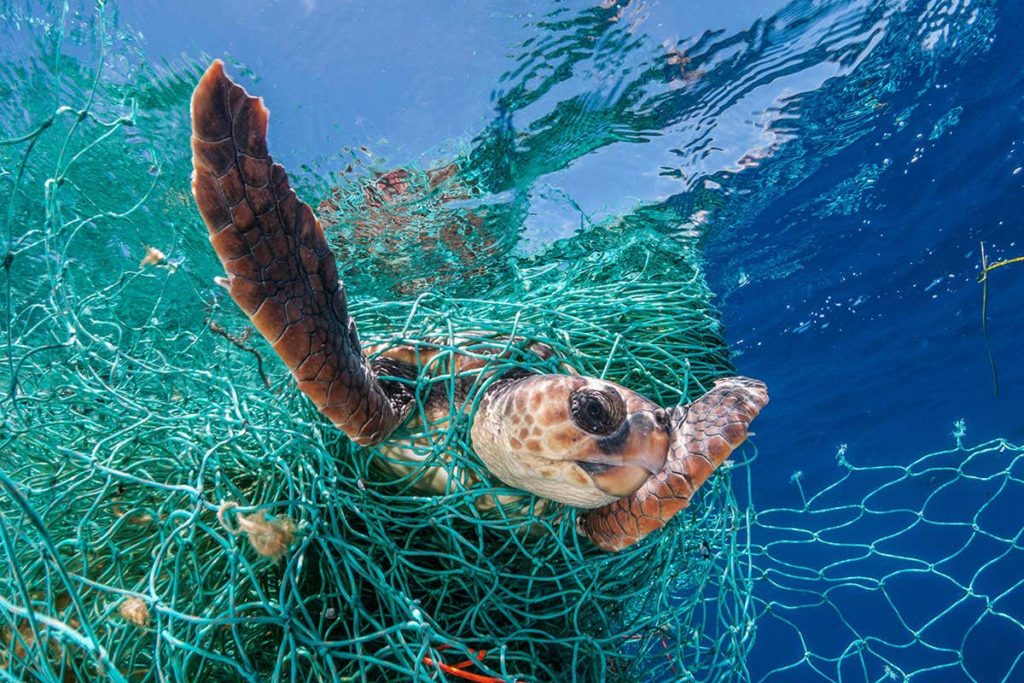
In an effort to find new solutions to the problem of plastic pollution, ASEANO, in collaboration with Indonesia’s leading think tank, the Center for Southeast Asian Studies (CSEAS), has decided to provide research grants to young scientists or researchers in ASEAN to conduct research on how to reduce plastic pollution and come up with new innovative solutions and ideas. ASEANO has organized a research grant competition to select four winners.
Ratnawati, research manager of the CSEAS, said “The objective of the ASEANO research grant competition is to provide an opportunity for knowledge transfer and know-how among academics in ASEAN member countries and find the solution to plastic pollution by evidence-based policy,”
Thailand has commended ASEANO’s research grants to young researchers in ASEAN.
Pornsri Suthanaruk, Thailand’s deputy director-general of Department of Marine Coastal Resources, said while inaugurating ’s event “This event (competition) is one valuable initiative to foster institutional learning knowledge and also advancing expertise among ASEAN member states to tackle marine debris in the region.”
The competition, according to executive director of CSEAS, Arisman, has received 181 research proposals, including 130 from Indonesia, from the entire ASEAN region.
An expert panel of judges, comprising Vong Sok from the ASEAN Secretariat, Anjali Acharya from the World Bank, Mubariq Ahmad from the Conservation Strategic Fund (CSF), Heidi Saelli from the United Nations Environment Program (UNEP), Marianne Olsen from the Norwegian Institute for Water Research (NIVA), Marianne Karlsson also from NIVA, Jane Gerardo-Abaya from the International Atomic Energy Agency (IAEA) and Arisman from the CSEAS selected 10 of the best research proposals for the final round of selection.

According to EuresiaReview, the judges selected four winners, who will each receive a research grant worth US$7,500 to conduct research for a three-month period.
Among the winners was Indonesia’s Ibnu Faizal, a lecturer in marine science at the Padjadjran University (UNPAD) in Bandung, West Java. His research topic is “Waste Distribution and Pattern on Mangrove Ecosystem in Citarum’s Estuaries (Study Case: Muara Gembong)”.
Muara Gembong, a subdistrict in Bekasi Regency, West Java, is the most polluted area. Ibnu’s research would unveil many new aspects of the origins of plastic waste and its impact on Citarum River’s estuaries.
Indonesia, the world’s second-worst marine plastic polluter after China, produces 6.8 million tons of plastic waste annually. Based on a 2017 survey, only 10 percent or 680,000 of 6.8 million tons of plastic waste was recycled. To make matters worse, around 9 percent or 620,000 tons of plastic waste ended up in oceans and rivers.
The second winner was Vietnam’s Nguyen Thi Trang, a Ph.D student at the Asian Institute of Technology (AIT) in Bangkok, Thailand. She will do her research on the “Impacts of Plastic Litter on the Seagrass Communities in Phu Quoc Marine Protected Area, Kien Giang, Vietnam”.
Another Ph.D student of AIT, Kanin Laopirun (from Thailand), also won the research grant. He will do his research on the theme “Circular Economy (CE) Assessment: Environmentally Extended Input-Output Analysis on Plastic Waste Management in Thailand”.
The fourth winner was Princess Lydia S. Fuentes, a lecturer from Capiz State University in the Philippines. She will do her research on the theme “Marine Litter of Coastal Barangays of Roxas City, Capiz, Philippines: A Socio-economic Analysis”.
It is hoped that these four young researchers will come up with new innovative solutions and ideas to reduce plastic waste, especially marine debris in ASEAN.
